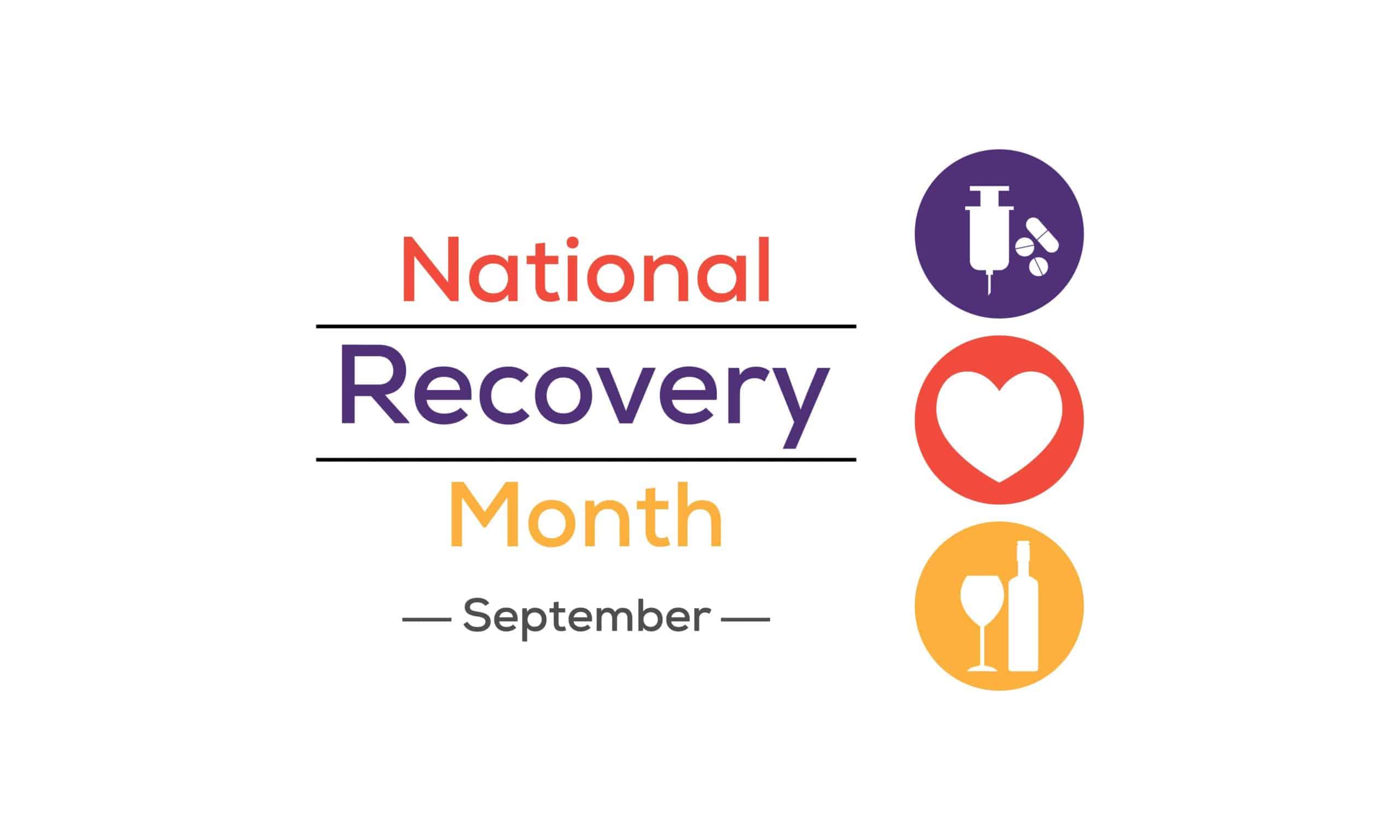National Recovery Month
September is National Recovery Month, and drug related deaths continue to trend upward. Nationwide, and here in Saline County, we are losing far too many people to drug overdoses, and the common denominator is the presence of opioids. According to County Coroner Kevin Cleghorn, it’s getting worse.
Of the 93,000 overdoses in the United States in 2020, over 70,000 included the presence of opioids. In Arkansas, that percentage is even higher. “Any drug related death goes to the State Crime Lab in Little Rock, to the State Medical Examiner,” said Cleghorn. “Last year, 95% of those came back with some sort of opioid in their system. We can no longer afford to be reactive. We have to be proactive.” Two important programs to combat these deaths are the training and administering of Narcan, and the Attorney General’s Don’t Run, Call 911 campaign.
What is Narcan?
Narcan, or Naloxone, is an opioid antagonist that rapidly reverses an opioid overdose. This means that it can attach to opioid receptors and quickly restore normal breathing to a person if their breathing has slowed or stopped due to an overdose. It can be given as a nasal spray or it can be injected into the muscle, under the skin, or into the veins. In Saline County, overdose kits have been provided to first responders through a grant funded by the Arkansas State Drug Director’s office, the U of A’s Criminal Justice Institute, and the US Department of Health and Human Services. According to Saline County Sheriff Rodney Wright, this program is saving lives. “Having the overdose kits in the hands of first responders saves valuable minutes in a crisis,” Wright said in a conversation with State drug czar Kirk Lane. “We have already seen a number of lives saved by our office in the past year.”
You can obtain Narcan without a prescription, and it is covered by most insurance plans. For more information, go to https://narcansas.com/how-to-get-naloxone/
“Don’t Run, Call 911”
This campaign focuses on the importance of calling 911 in the event of an overdose, and on educating the public about the Joshua Ashley-Pauley “Good Samaritan” Law in Arkansas. The law states you will not be arrested for possession if you call 911 to help someone who is overdosing. Dr. Ahmad Yousaf, Saline Memorial hospitalist, says the program is having a huge impact in Benton. “Call 911. Call the people who can get there the fastest with the Narcan; with all the medical supplies they need to revive that person,” said Yousaf. “Stay with them. Help them to whatever capacity they can be helped until police come, without fear of being arrested or charged with a crime.”
Saline County remains a top-risk county for drug overdose and drug poisoning in Arkansas, with high-powered synthetic opioids like fentanyl being blamed for many deaths. The best way to help is to be educated on the realities of opioid addiction and the best ways to help someone who is in crisis. The recovery community has adopted a familiar phrase, with a twist, to bring attention to these, and other programs that are saving lives and saving families here, in our communities:
“Just Say Know.”


